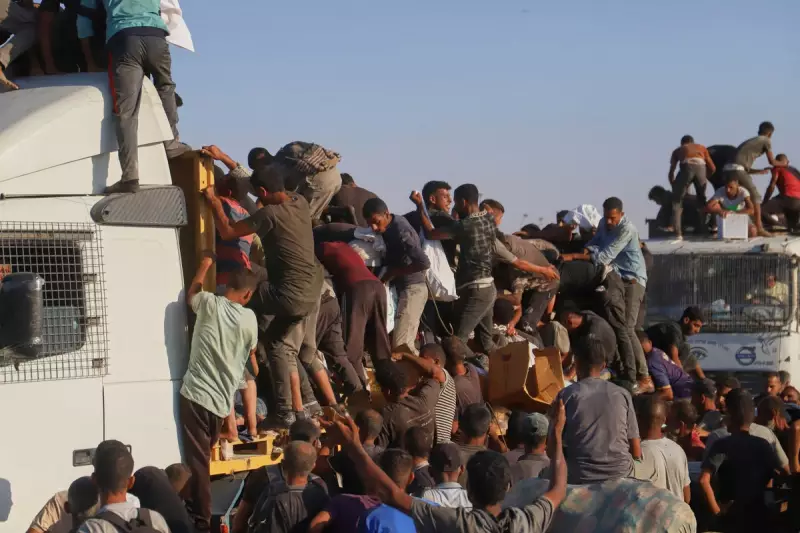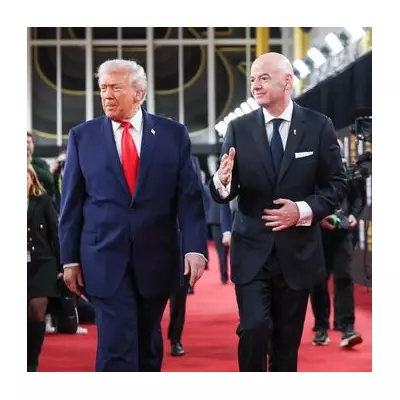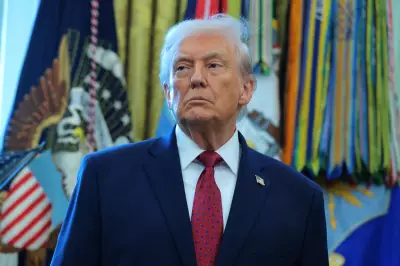
The United Nations Relief and Works Agency (UNRWA) is facing a severe financial crisis after several key donor nations suspended funding over allegations that some of its employees were linked to Hamas's October 7 attacks on Israel.
The US, UK, Germany, and other major contributors have halted financial support, putting critical aid operations for Palestinian refugees at risk. UNRWA chief Philippe Lazzarini has warned that the agency may soon be unable to continue its work in Gaza, where it provides essential services to over a million people.
Allegations Spark International Backlash
Israel has accused 12 UNRWA staff members of participating in the deadly October 7 assault that killed approximately 1,200 people. While the UN has launched an investigation and terminated contracts of those implicated, the allegations have triggered widespread concern among donor nations.
The funding suspensions come at a critical time, with UN officials warning that Gaza's humanitarian situation could deteriorate rapidly without UNRWA's operations. The agency provides food, shelter, and medical care to displaced Palestinians amid ongoing Israeli military operations.
Humanitarian Catastrophe Looms
Lazzarini described the funding cuts as "shocking" and warned they would affect not just Gaza but Palestinian refugees across the Middle East. "If the funding remains suspended, we will most likely have to suspend our humanitarian response by the end of February," he stated.
The crisis has sparked debate about balancing accountability with humanitarian needs. While some nations maintain their suspensions pending investigations, others like Norway and Ireland have continued funding, arguing that collective punishment of Gaza's civilian population is unjustified.
International Response Divided
The European Union has called for urgent clarification of the allegations while maintaining its funding. Meanwhile, Jordan's foreign minister warned that defunding UNRWA would have "catastrophic repercussions" for regional stability.
As investigations continue, the international community faces difficult questions about how to ensure aid reaches civilians without benefiting militant groups. The outcome could reshape humanitarian operations in one of the world's most volatile regions.





